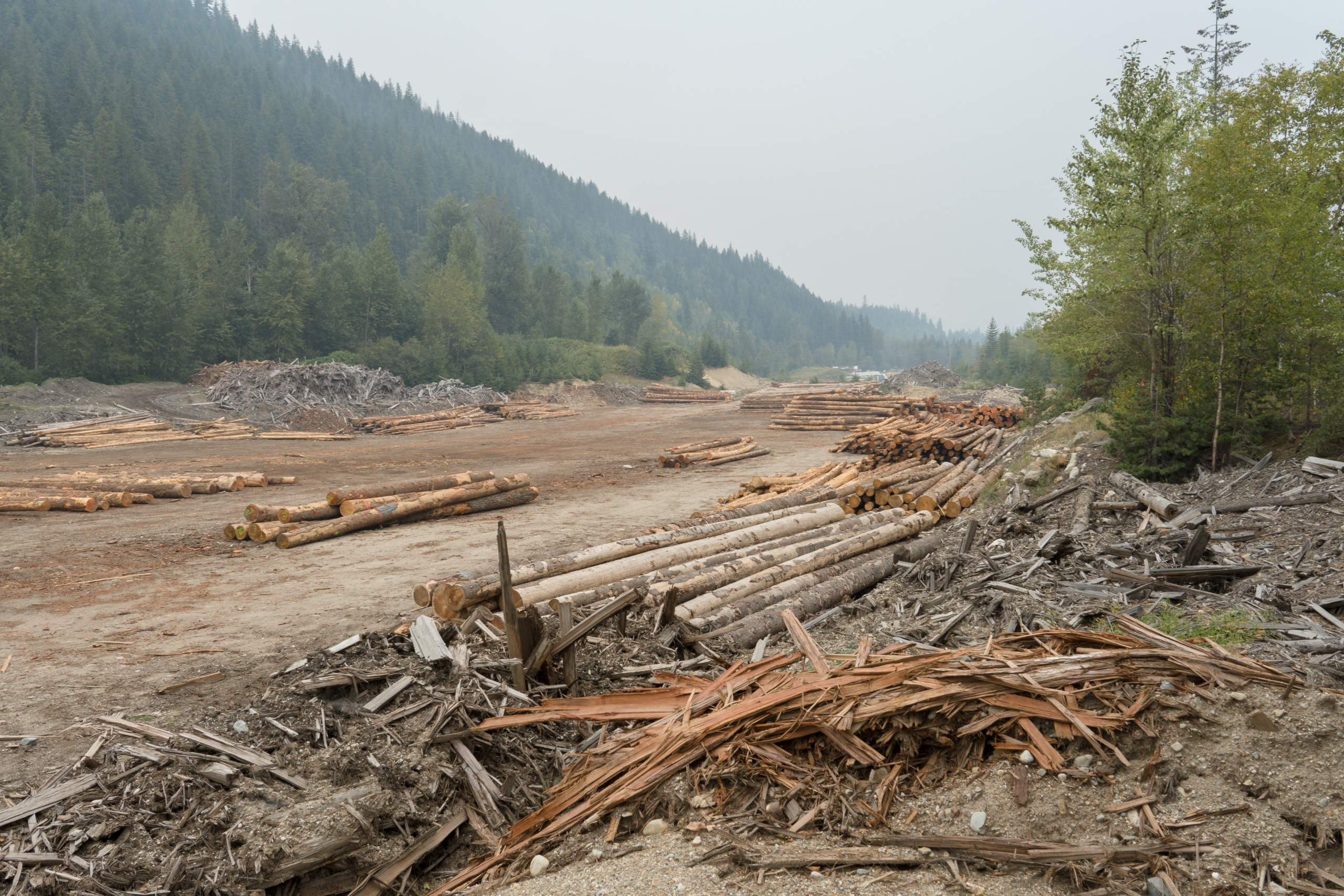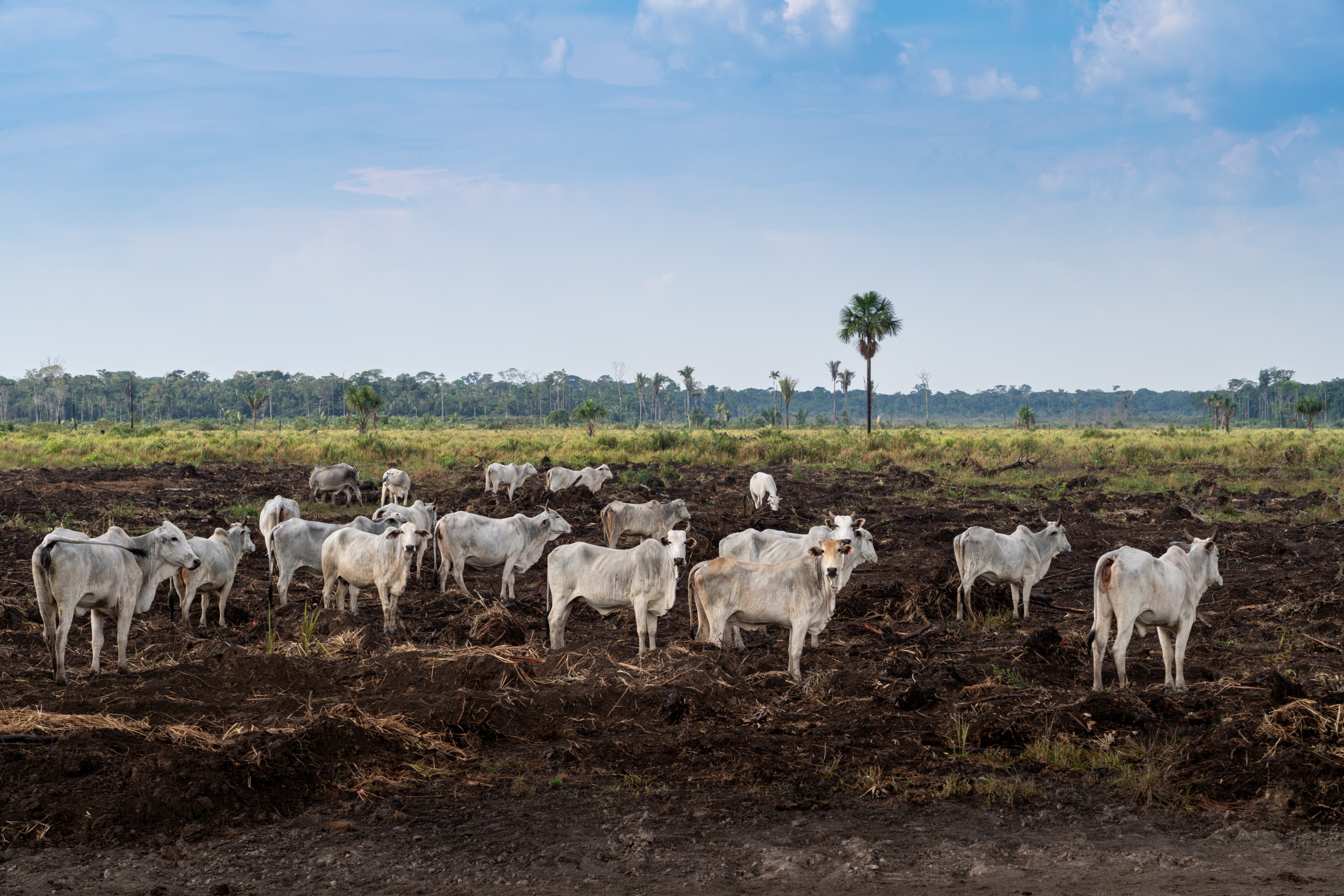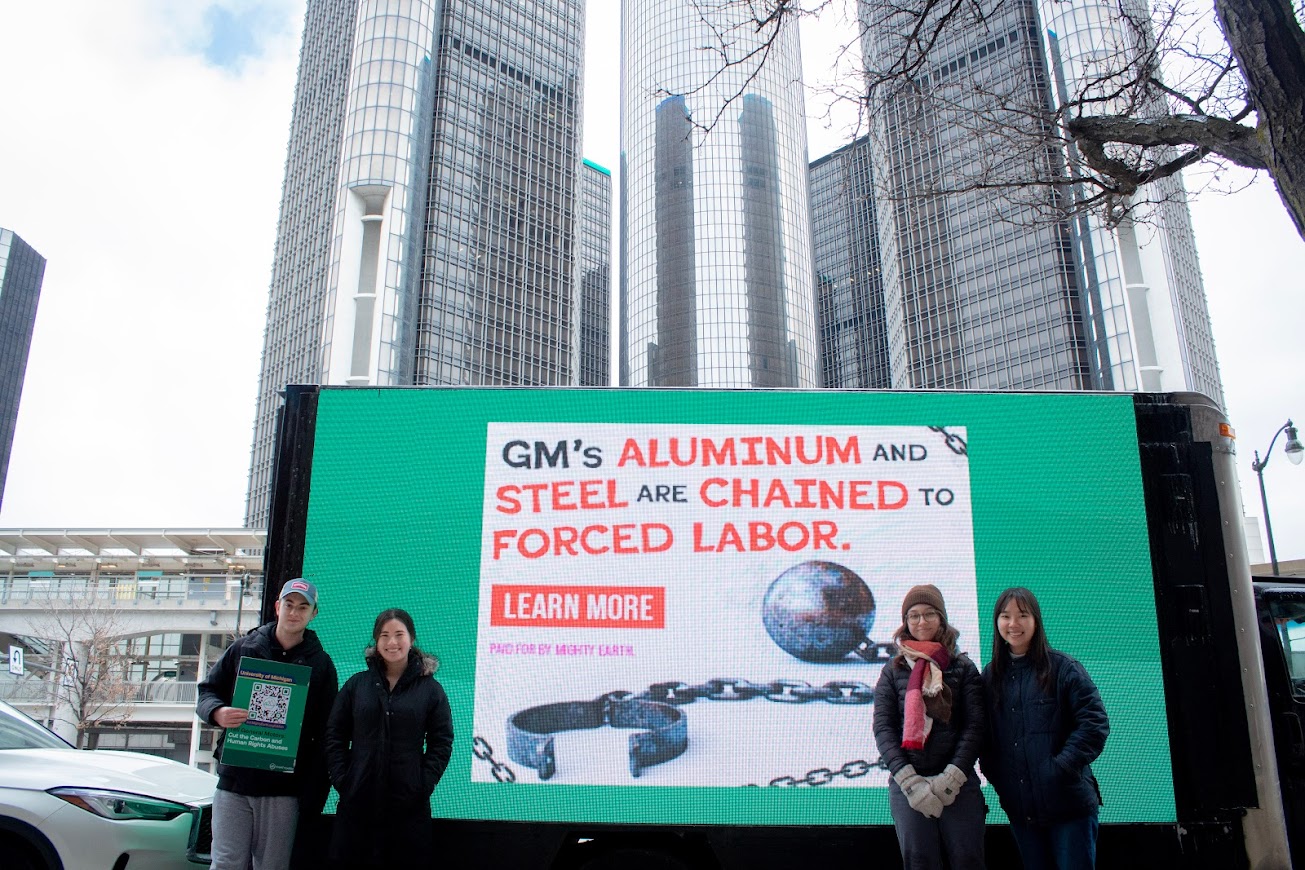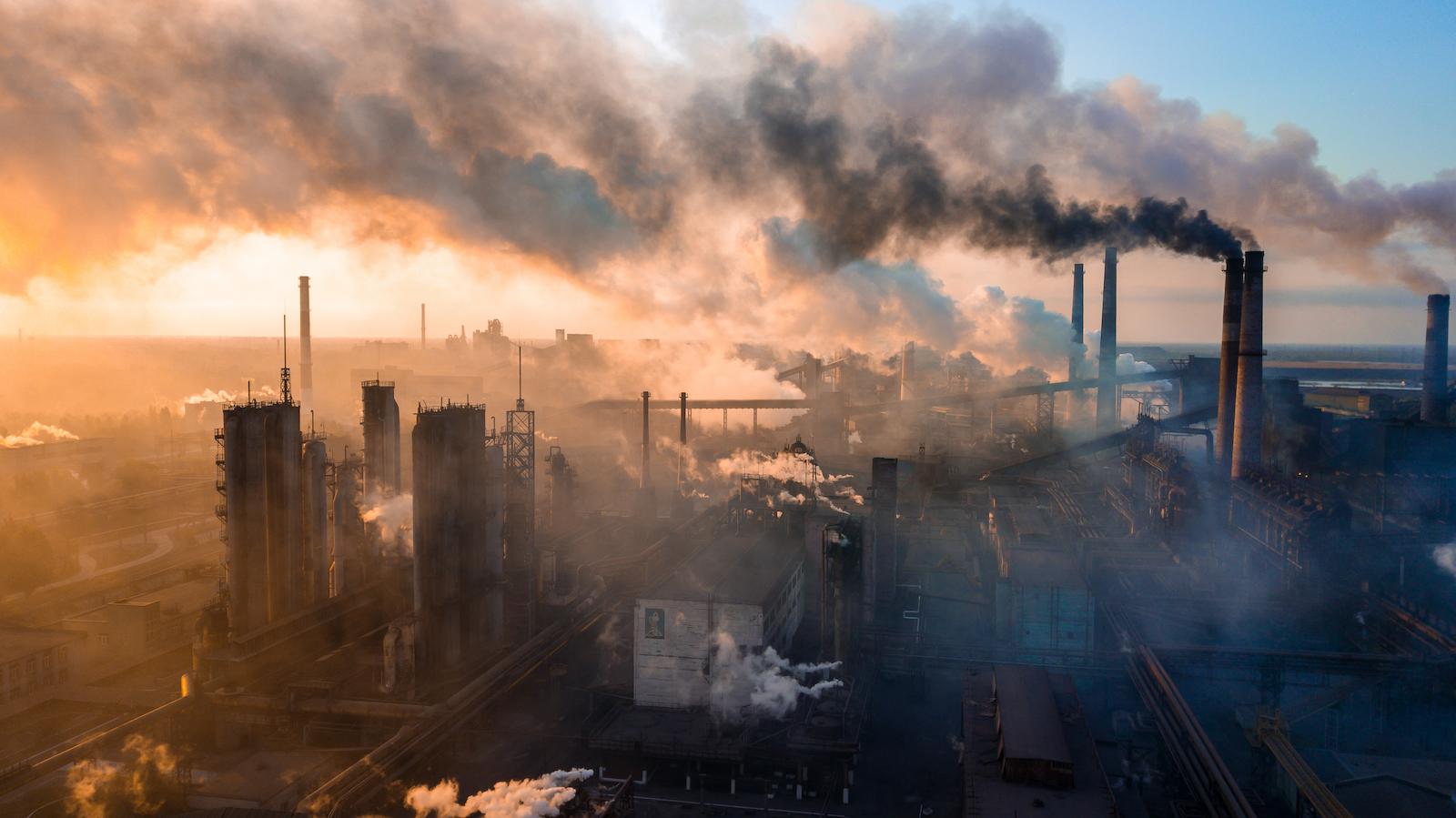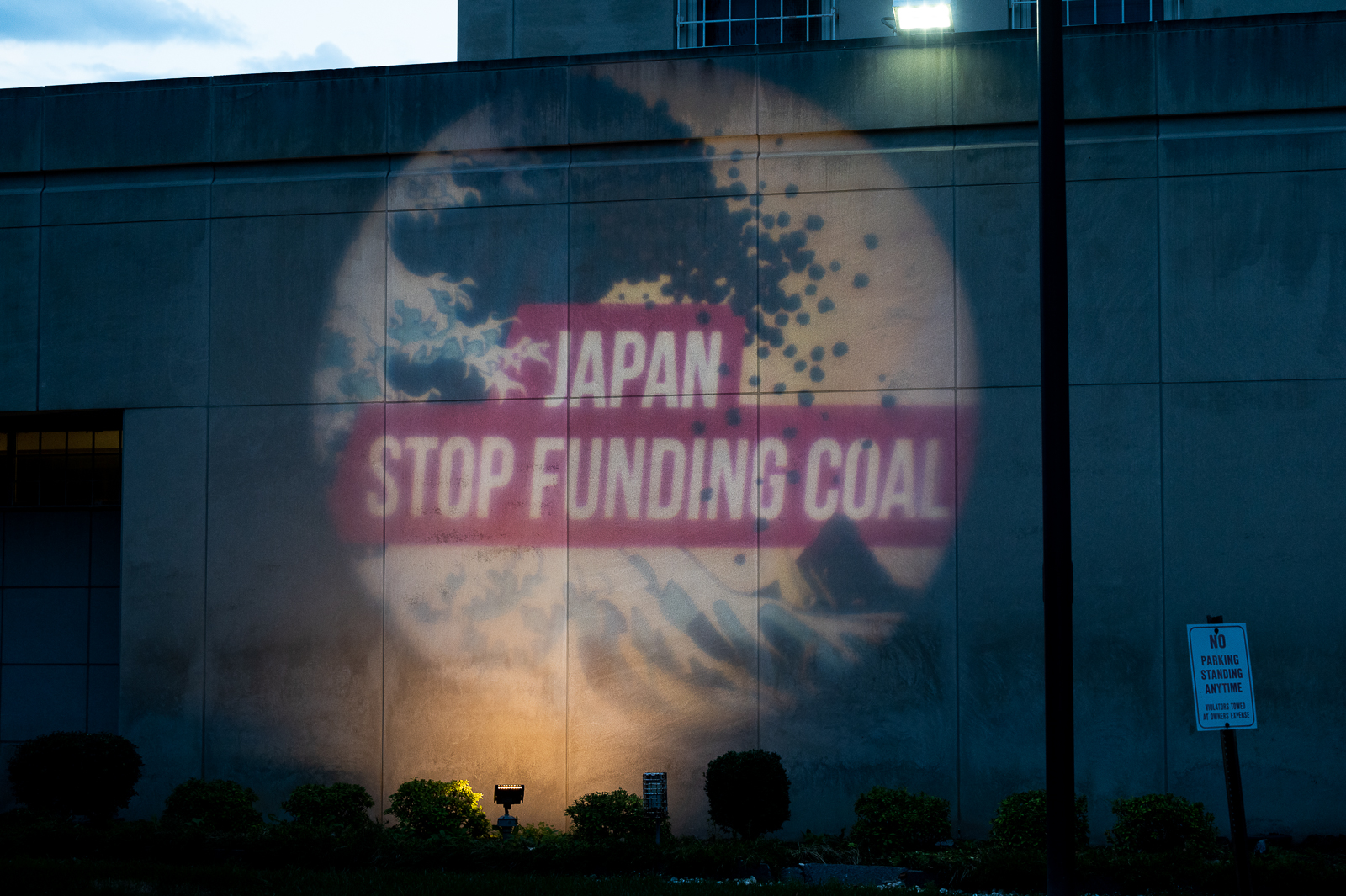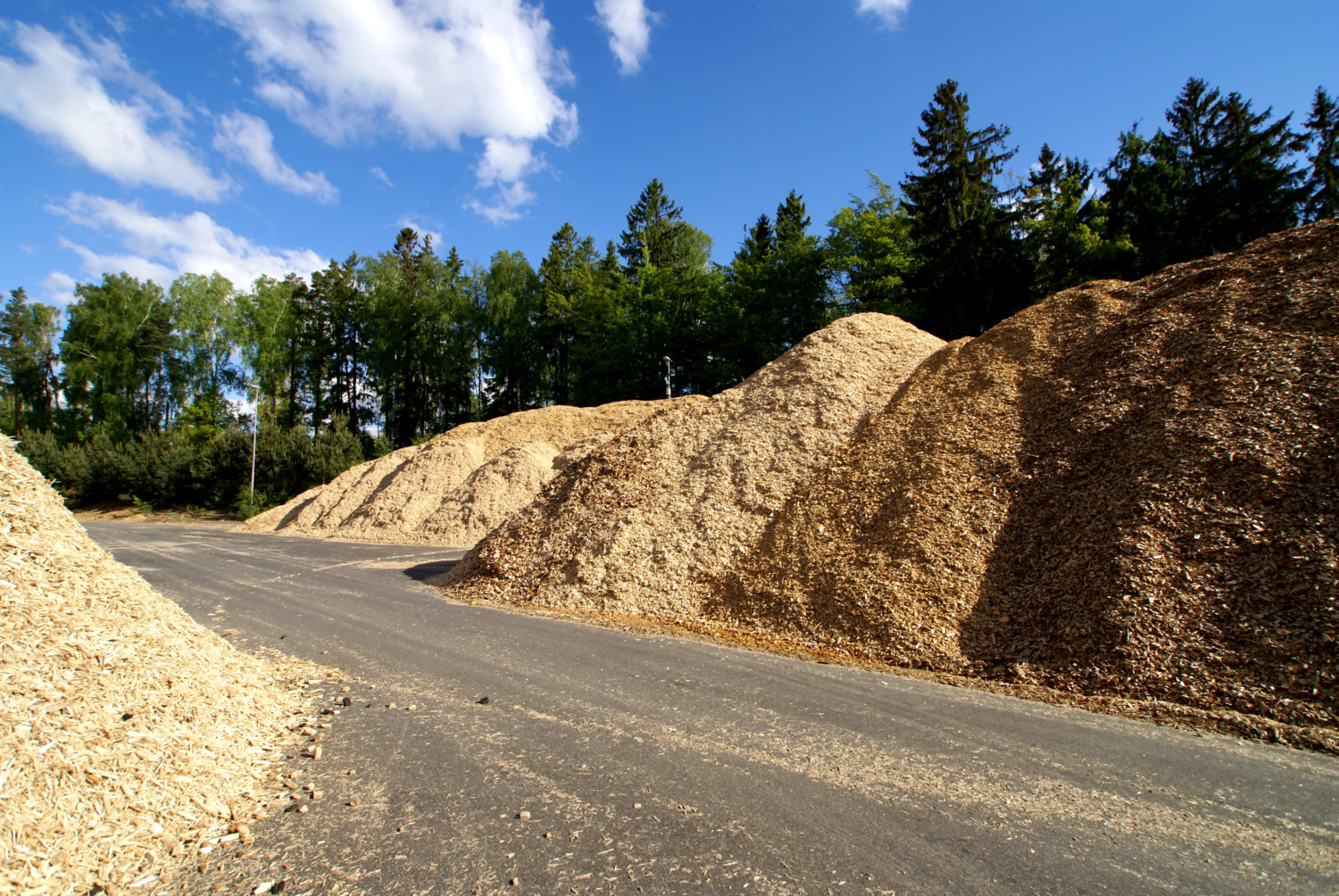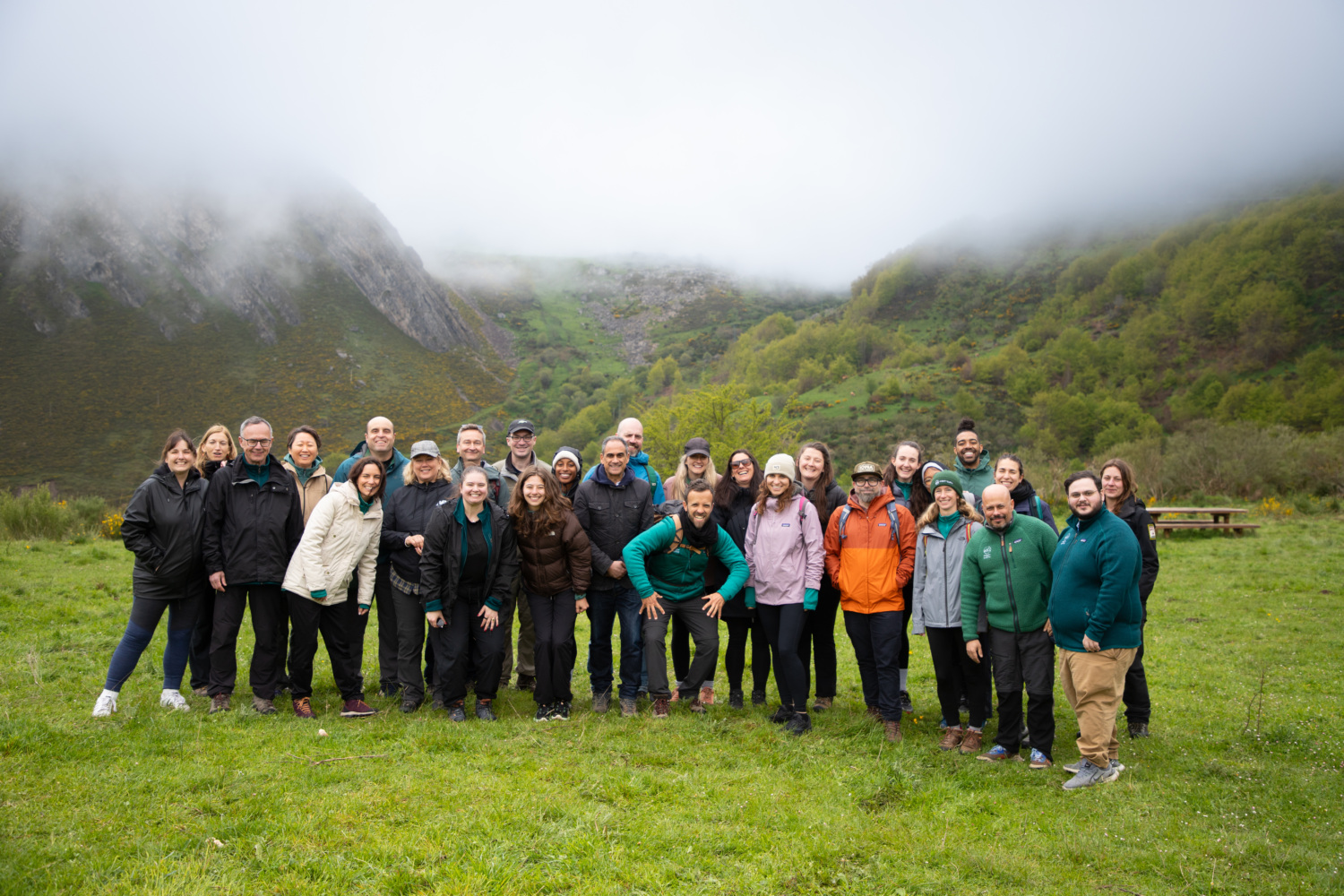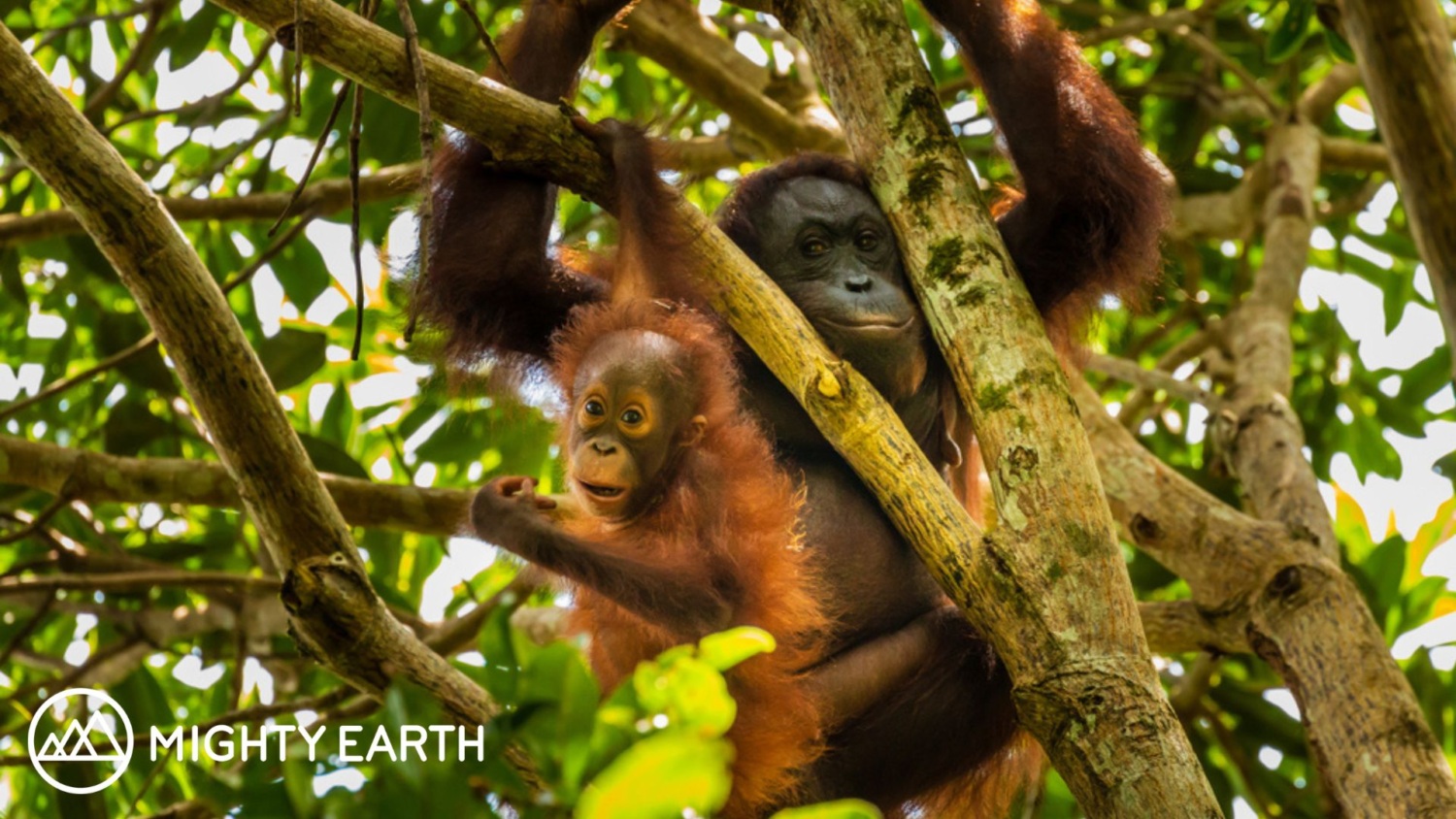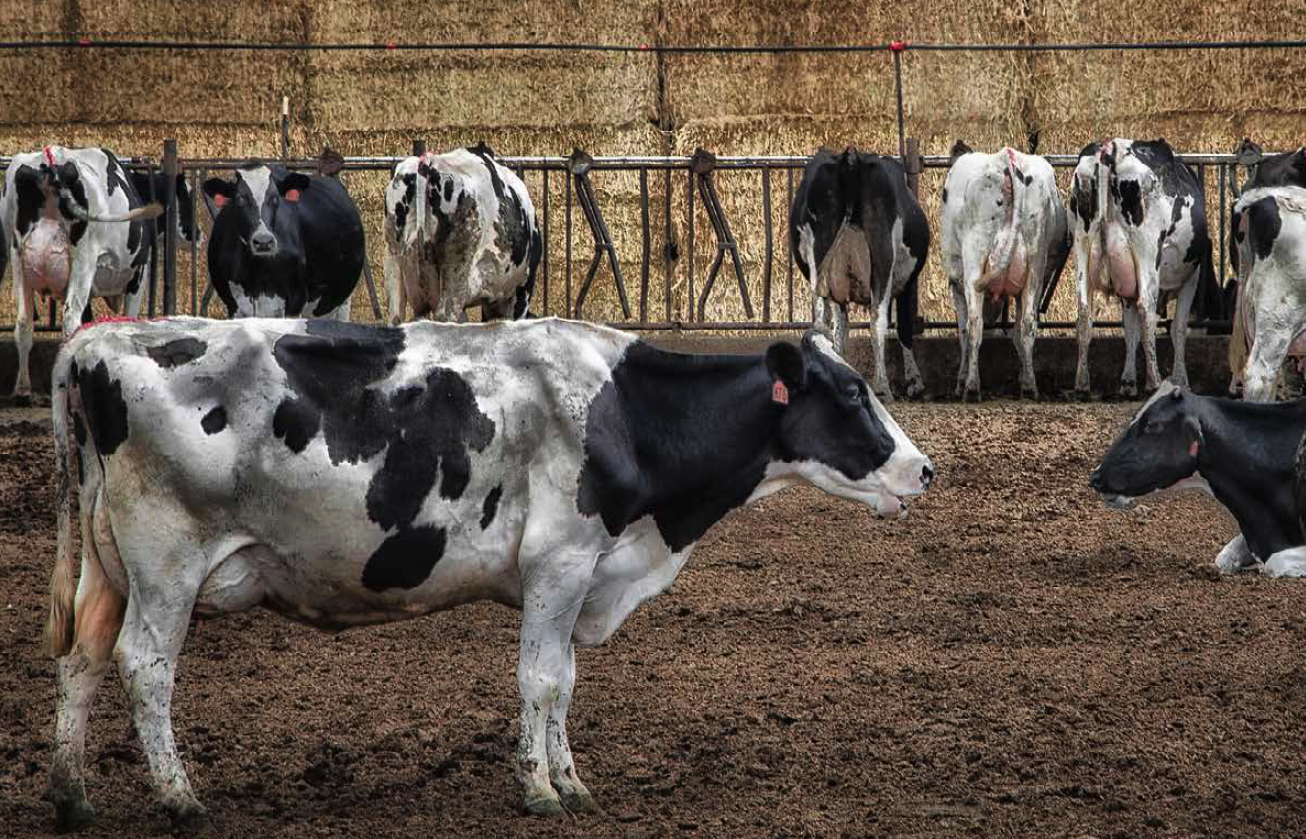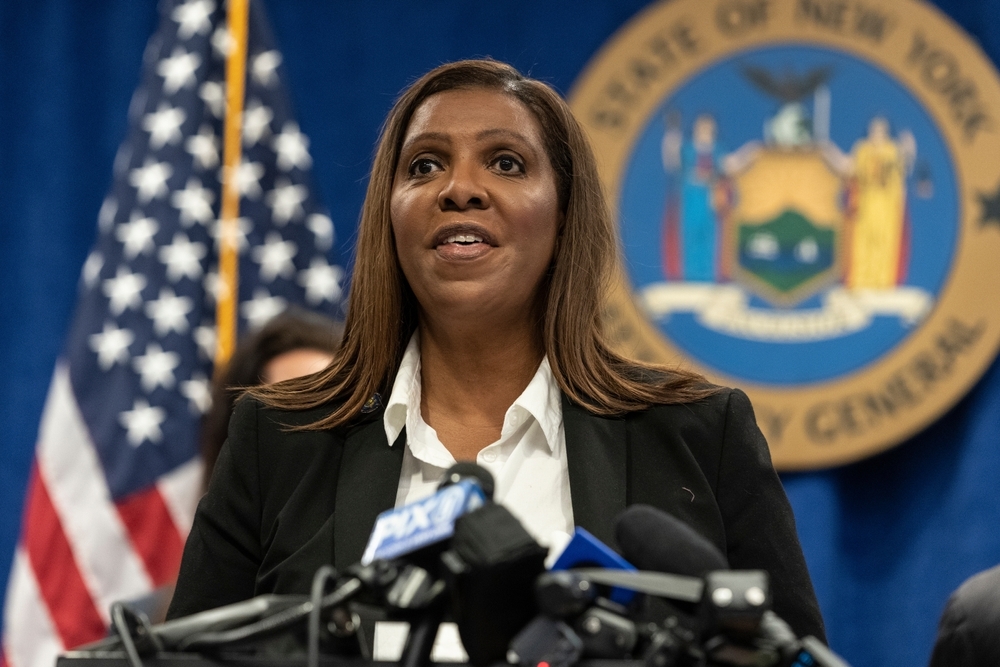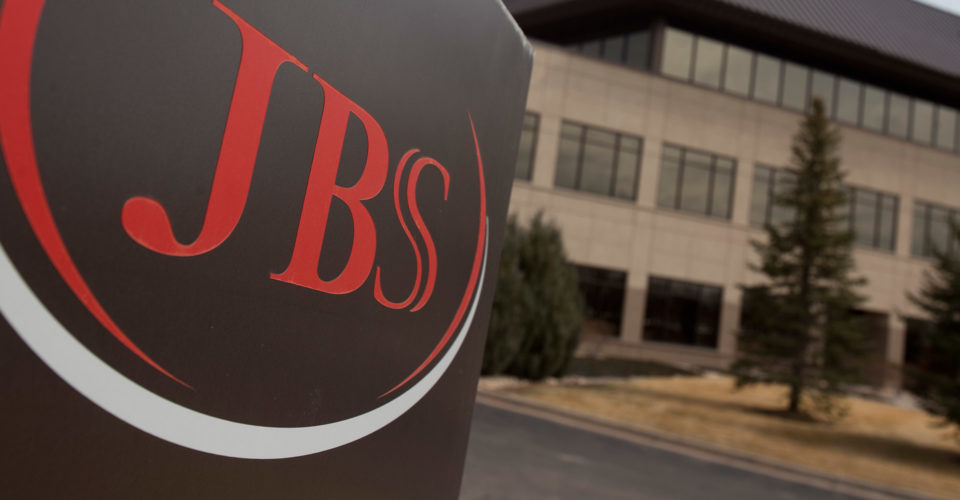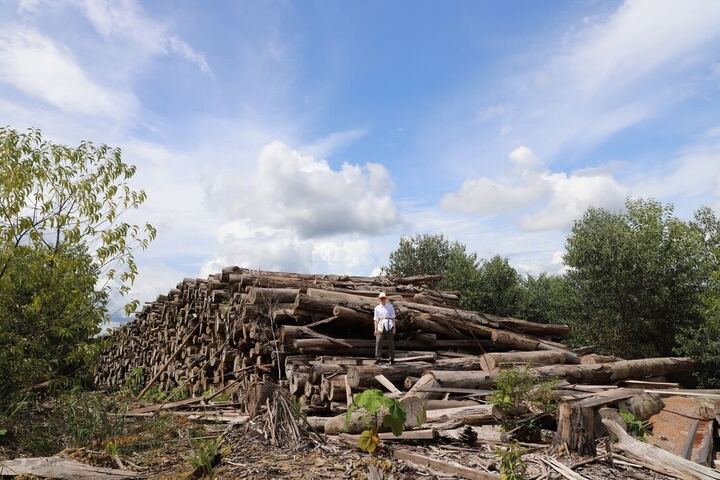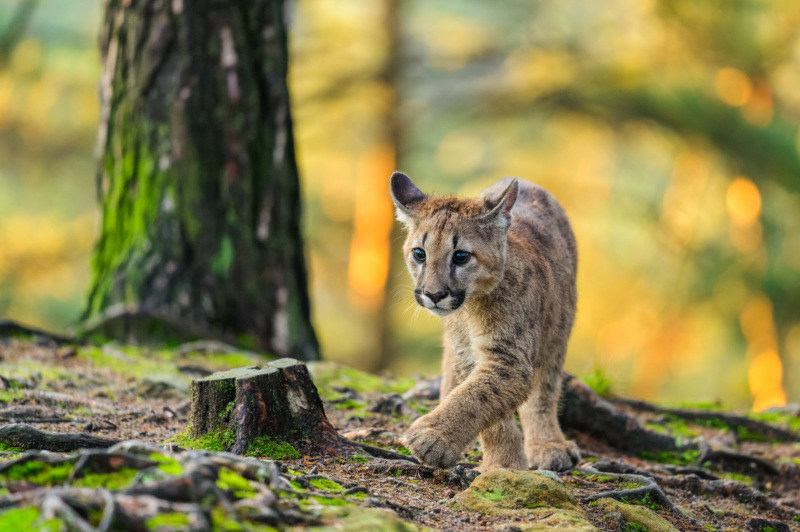
North America
Mighty Earth runs campaigns to protect and restore nature, fight climate change, and break the link between economic development and environmental destruction.
PROTECTING NATURE
Bioenergy or biomass is billed as green; it’s anything but. But the industry is leading to the logging of natural forests in British Columbia, Canada and the Southeastern United States. Trees are cut down and turned into wood pellets before being shipped to the UK and Japan to power biomass plants.
Trees are being cut down at an alarming rate, pushing endangered species such as the mountain caribou to the brink.
Chopping down trees to make wood pellets to burn for electricity is not carbon neutral, it’s a carbon nightmare, emitting more carbon than coal.
TRANSFORMING AGRICULTURE
Agriculture drives 80% of global deforestation. Mighty Earth is working to transform the industry and create supply chains that protect Nature and human rights. Our reports and investigations have revealed that the big agricultural companies and commodity traders – many based in the U.S. – still don’t have control of their global supply chains, allowing deforestation to seep in through direct and indirect suppliers.
We recognize the same problems coming up again and again across all the commodities we work on and engage with industry to present viable and sustainable practices to replace destructive ones. Creating and sustaining pressure across the supply chain, we target companies with proven links to the destruction of Nature.
DECARBONIZING INDUSTRY
Cutting carbon emissions in heavy industry, particularly steel and aluminum, is essential to achieving our climate goals. Our campaign in the U.S. aims to decarbonize and end human rights abuses in the auto supply chain. The automotive industry is critical to achieving net-zero global emissions by 2050. As automakers move to electric vehicles, by 2040 materials used for production will account for 60 percent of life-cycle emissions. This means in addition to going electric the auto industry must shift material supply chains to include green aluminum and steel, deforestation-free and sustainable leather and rubber, and other materials to be truly carbon neutral across the entire auto supply chain.
-
9%
of all global greenhouse gas emissions come from the auto industry
-
1%
of primary forest remains in British Columbia.
-
60% of global nature loss
is driven by the meat industry
-
Around 70
new green steel plants are needed by 2030 to meet climate goals
Explore Our Work
Mountain Caribou threatened by industrial logging
The biggest climate risk IPO in history
We lodged a submission against JBS with the powerful US Securities and Exchange Commission over the Brazilian meat giant’s plan to list on the New York Stock Exchange.
Learn More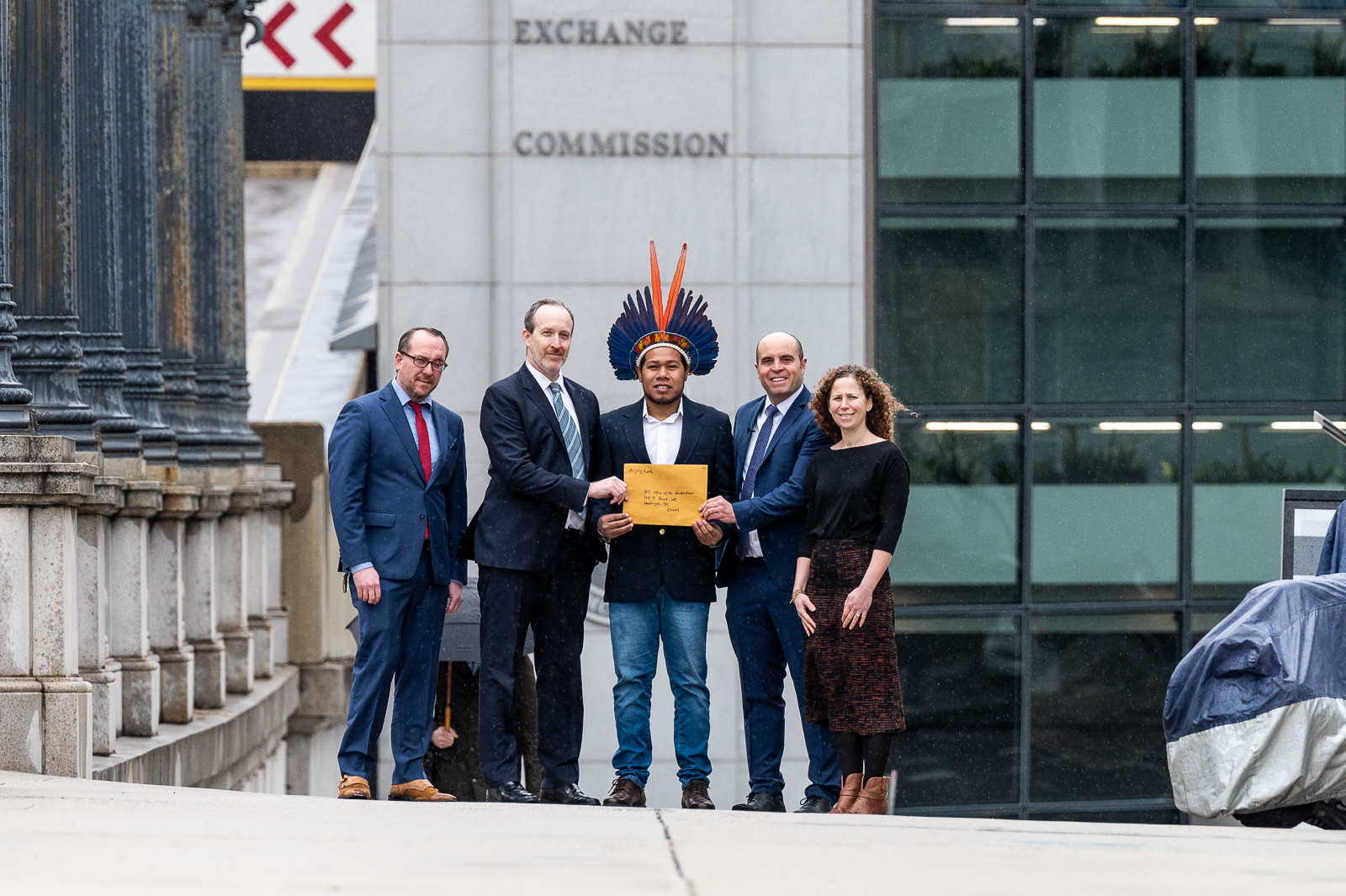
BIOMASS: NOT CARBON NEUTRAL; A CARBON NIGHTMARE
Using wood pellets for electricity involves cutting down trees in North America, chopping them into pellets, shipping them overseas, and burning them.
Learn More